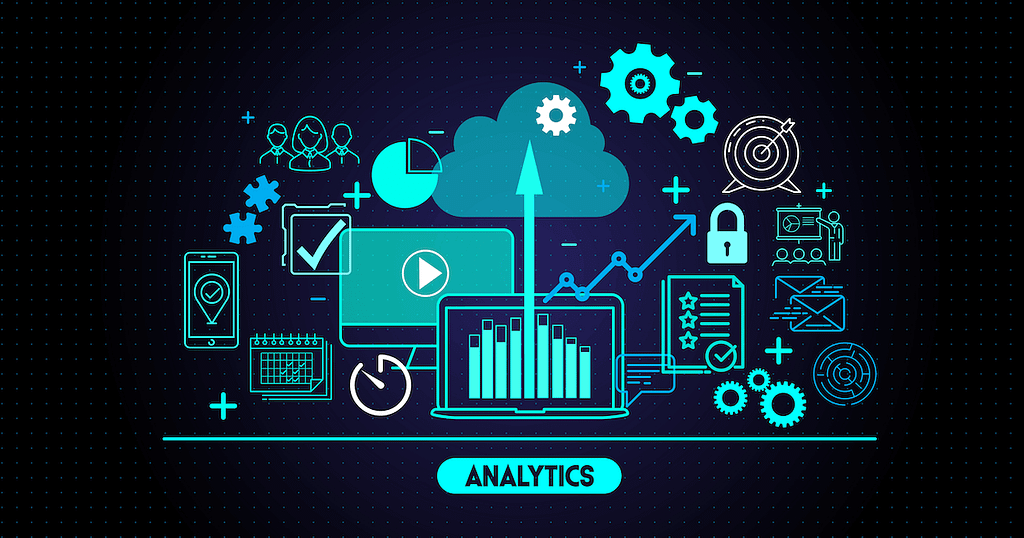Data analytics is a powerful process that involves examining, cleaning, transforming, and modeling data to discover useful information, draw conclusions, and support decision-making. In today’s data-driven world, organizations across various sectors utilize data analytics to enhance their business strategies, improve operational efficiency, and gain insights into market trends. But what exactly is data analytics, and how can it be applied in real-world scenarios?
Understanding Data Analytics
At its core data analytics is the science of analyzing raw data to make conclusions about that information. It encompasses a wide range of techniques and tools that help convert data into actionable insights. This can involve statistical analysis, predictive modeling, and data visualization, among other methods. Data analytics enables businesses to uncover patterns, correlations, and trends that might not be apparent through traditional data examination.
Types of Data Analytics
Data analytics can be categorized into several types:
- Descriptive Analytics: This type focuses on summarizing past data and identifying trends over time. It answers questions like “What happened?” and “How did we get here?”
- Diagnostic Analytics: This analysis goes a step further by not only identifying trends but also determining the causes behind those trends. It answers “Why did it happen?”
- Predictive Analytics: This approach uses statistical models and machine learning techniques to forecast future outcomes based on historical data. It addresses questions like “What is likely to happen?”
- Prescriptive Analytics: This type offers recommendations for actions to achieve desired outcomes. It answers “What should we do?”
Importance of Data Analytics

Data analytics is crucial for businesses for several reasons:
- Informed Decision-Making: Organizations can base their strategies and decisions on data-backed insights rather than gut feelings.
- Improved Efficiency: By identifying inefficiencies in processes, businesses can streamline operations and reduce costs.
- Enhanced Customer Experiences: Understanding customer behavior through data allows organizations to tailor their products and services to meet customer needs more effectively.
Google Data Analytics Certification
Recognizing the growing importance of data analytics, Google has developed a Google Data Analytics certification program. This program aims to equip individuals with the skills necessary to start a career in data analytics, regardless of their previous experience.
Key Features of Google Data Analytics Certification
- Comprehensive Curriculum: The certification covers foundational topics, including data cleaning, problem-solving, and data visualization, using tools like spreadsheets and SQL.
- Hands-On Projects: Participants engage in real-life data analytics projects to build practical skills.
- Flexible Learning: The course is available online, allowing learners to study at their own pace.
- Career Support: Google provides resources to help graduates pursue job opportunities in the field of data analytics.
Conclusion
In summary, data analytics is an essential field that empowers organizations to make informed decisions based on comprehensive data analysis. The rise of programs like the Google Data Analytics certification reflects the increasing demand for skilled professionals in this area. As businesses continue to embrace data-driven strategies, the significance of data analytics will only grow, making it a vital skill for aspiring professionals in the tech-driven marketplace.

[…] provides data analytics consulting focused on harnessing big data. They utilize IBM’s advanced data analytics software to help organizations gain insights and make data-driven decisions in real […]